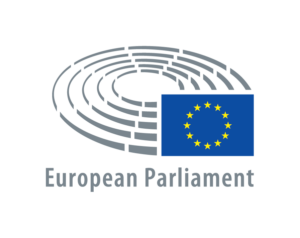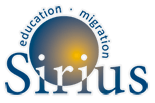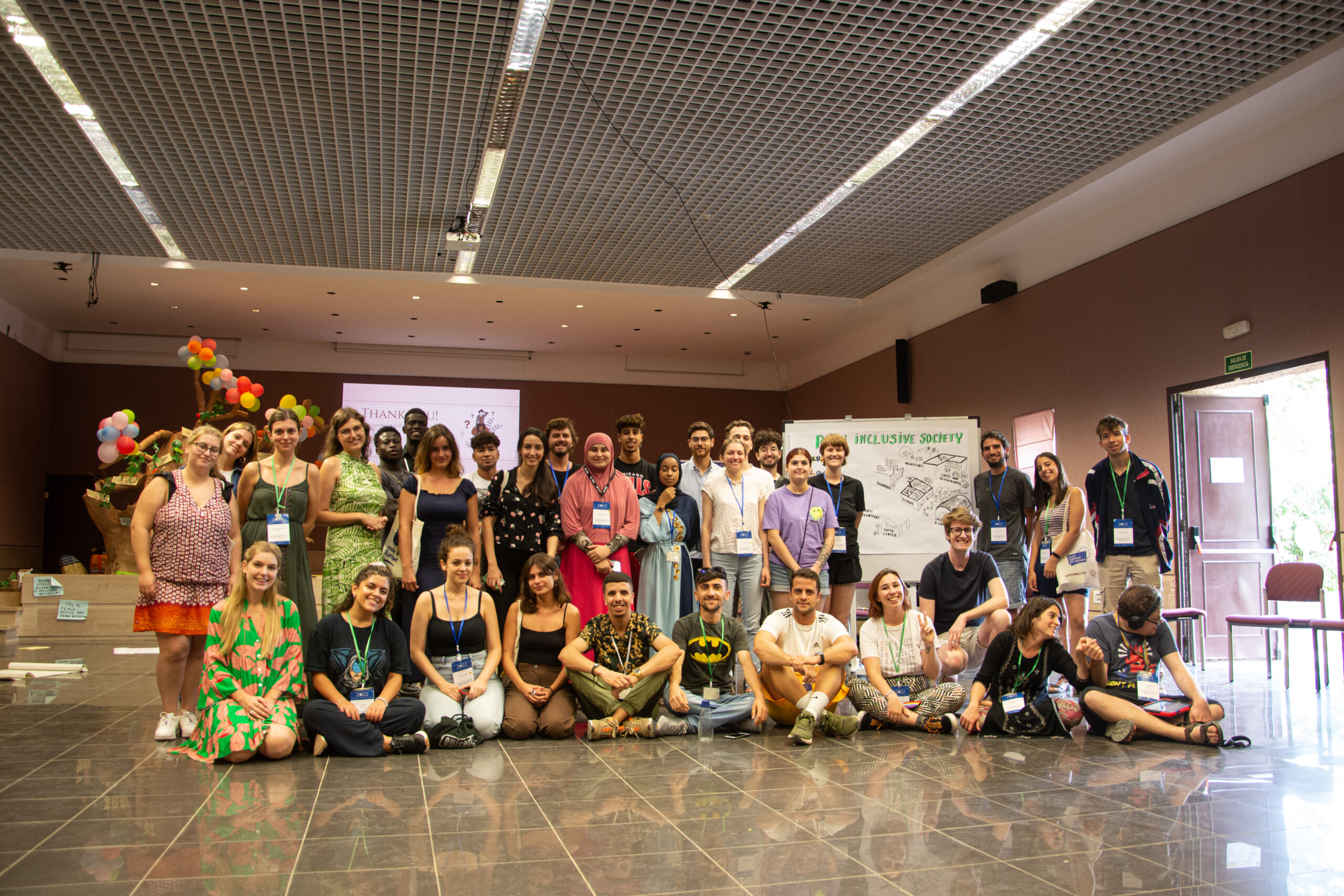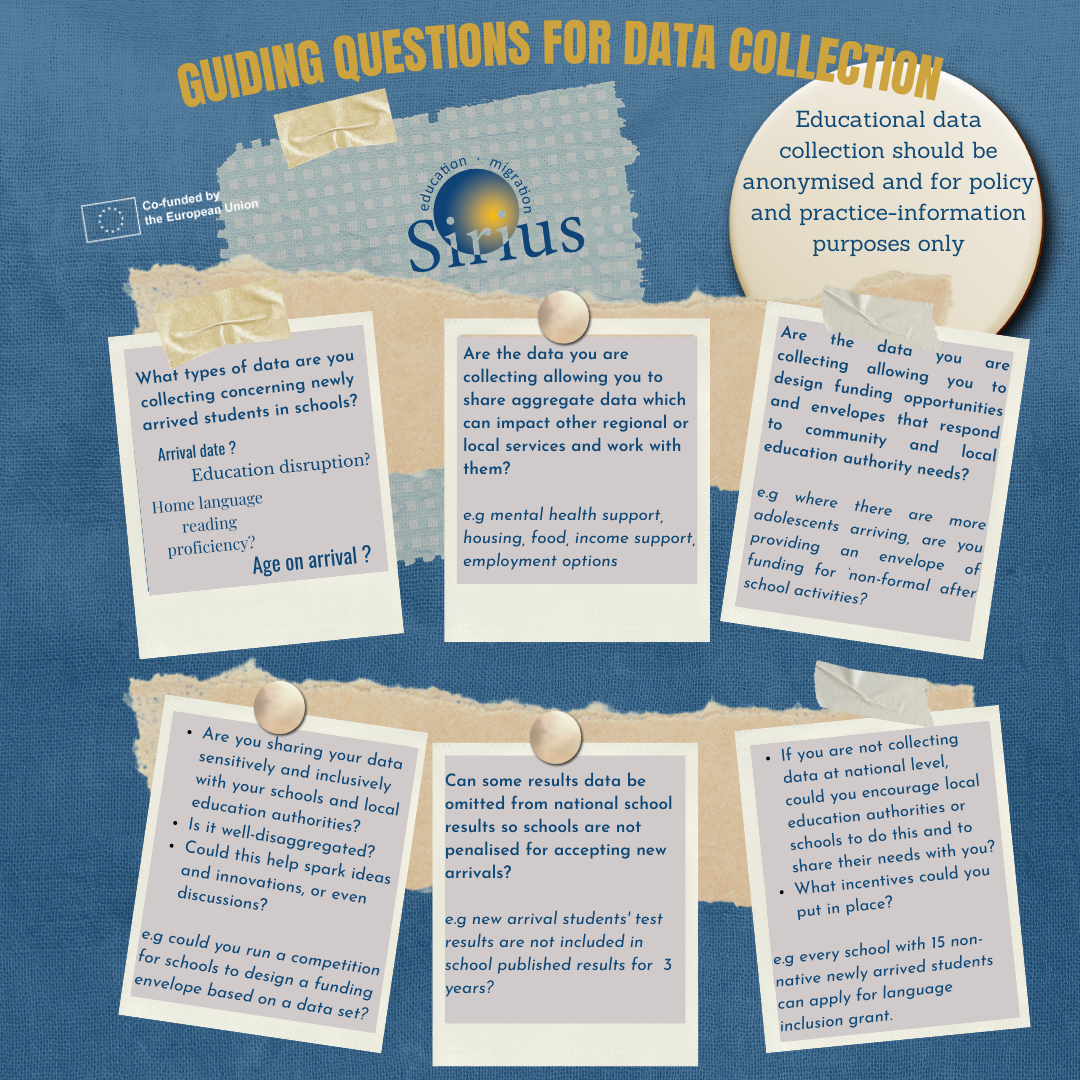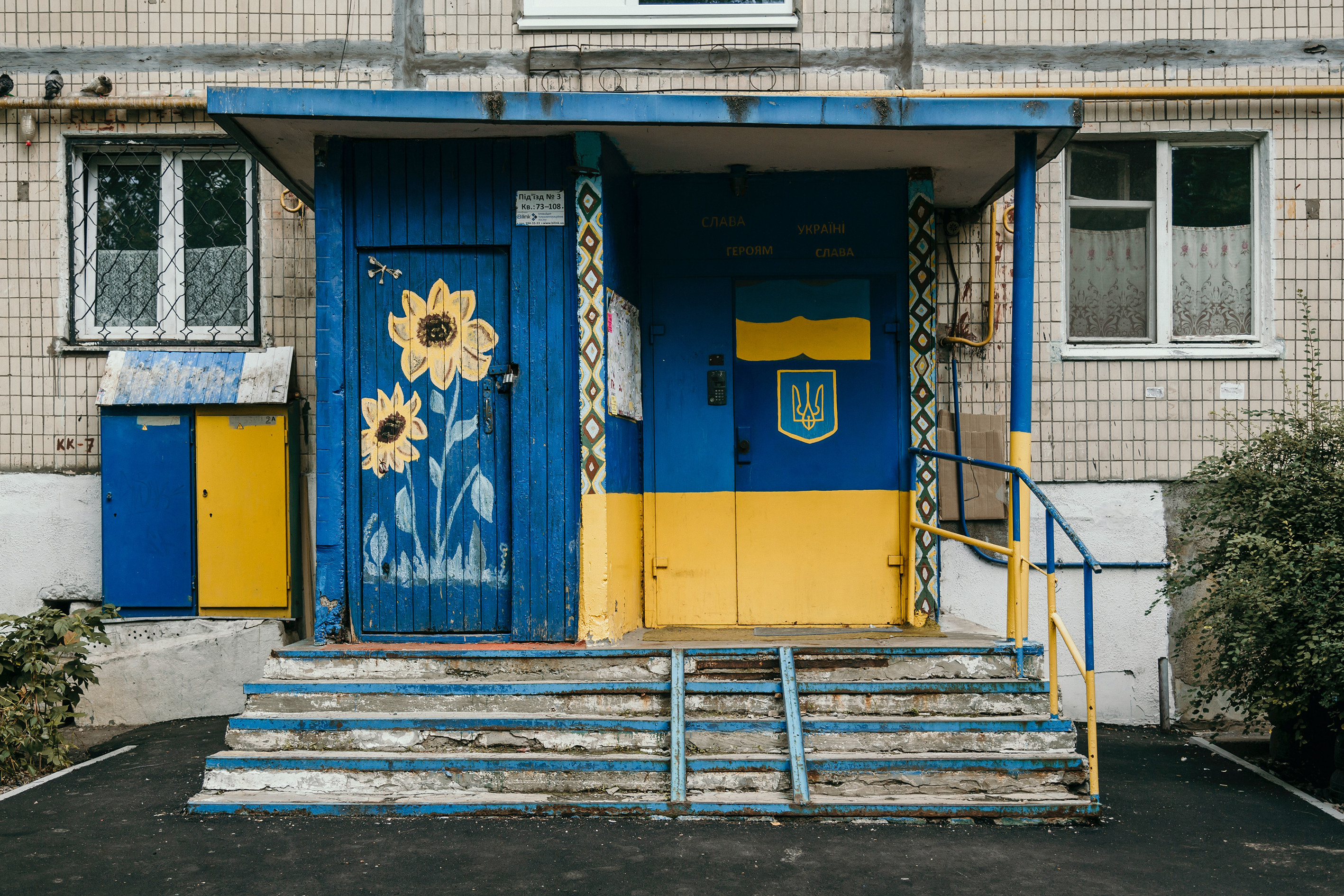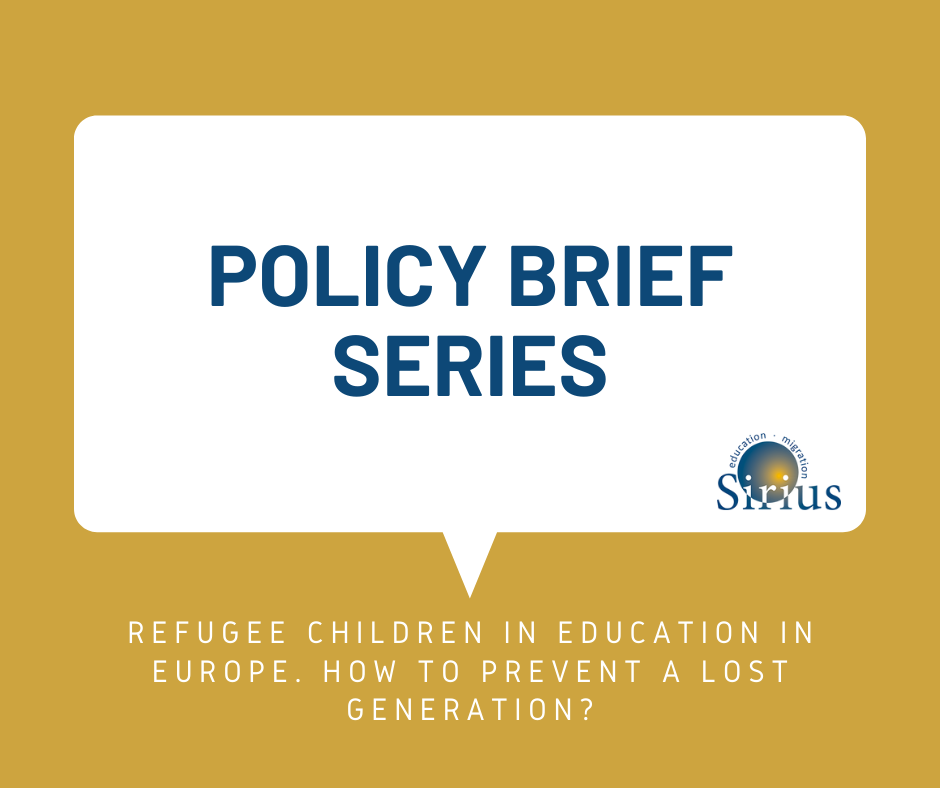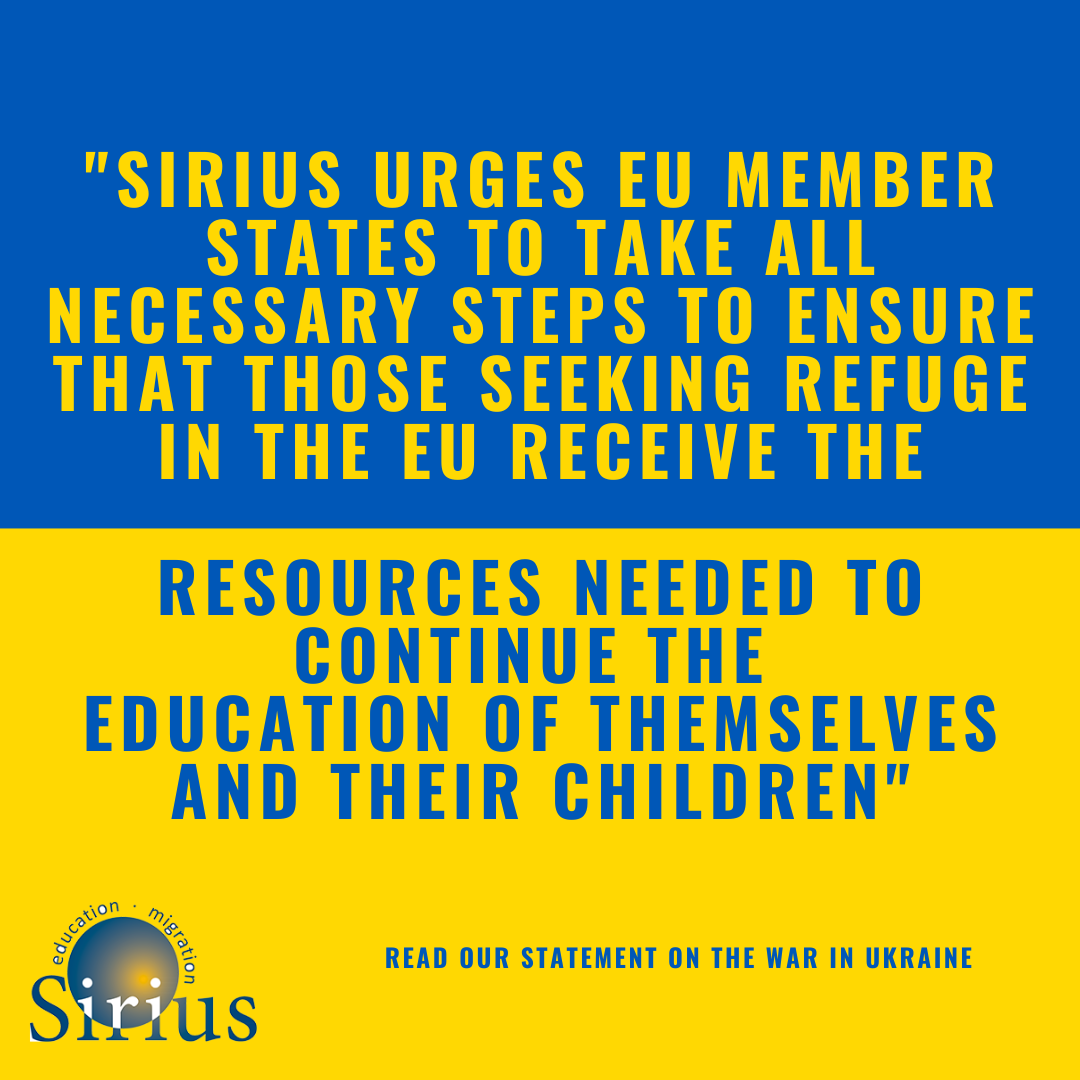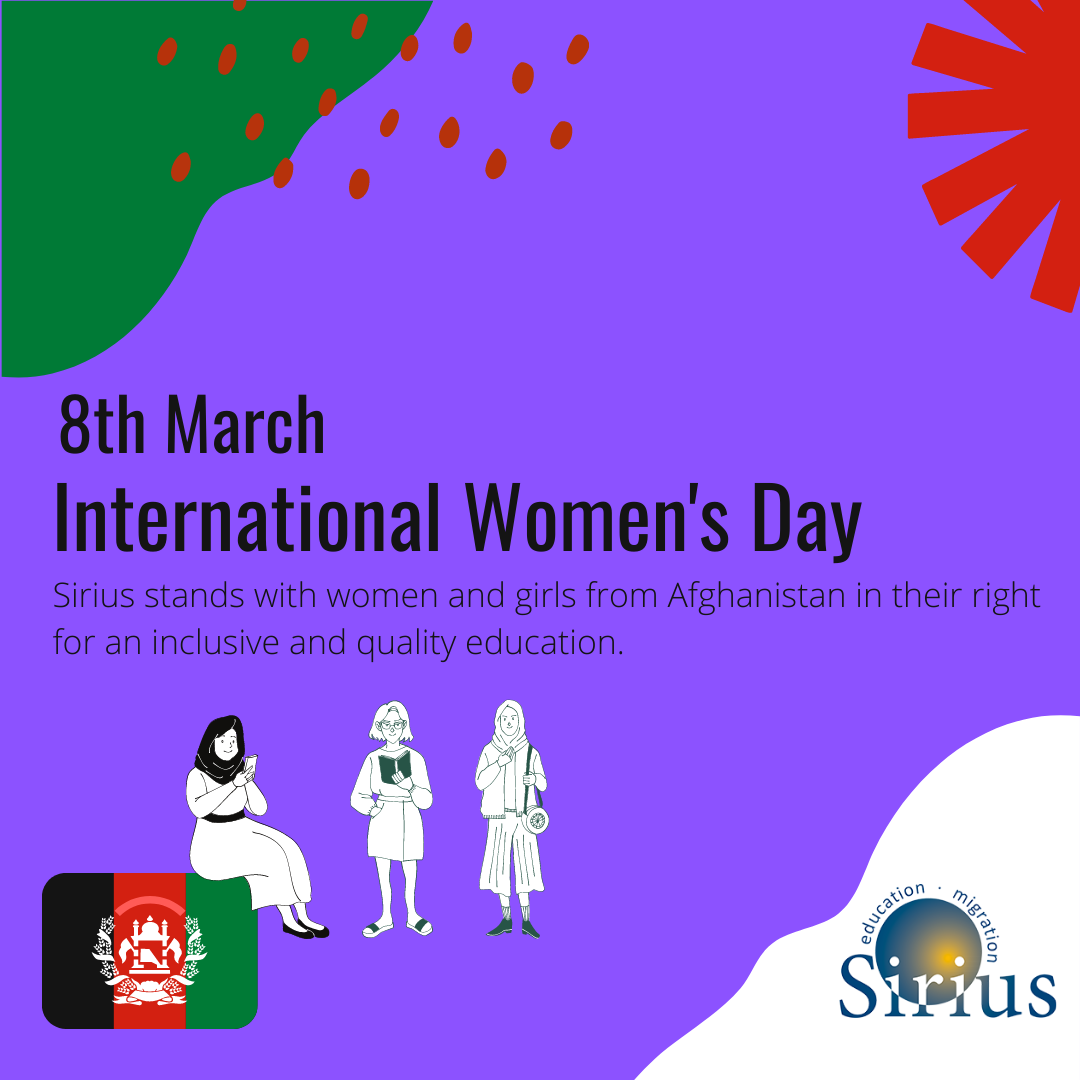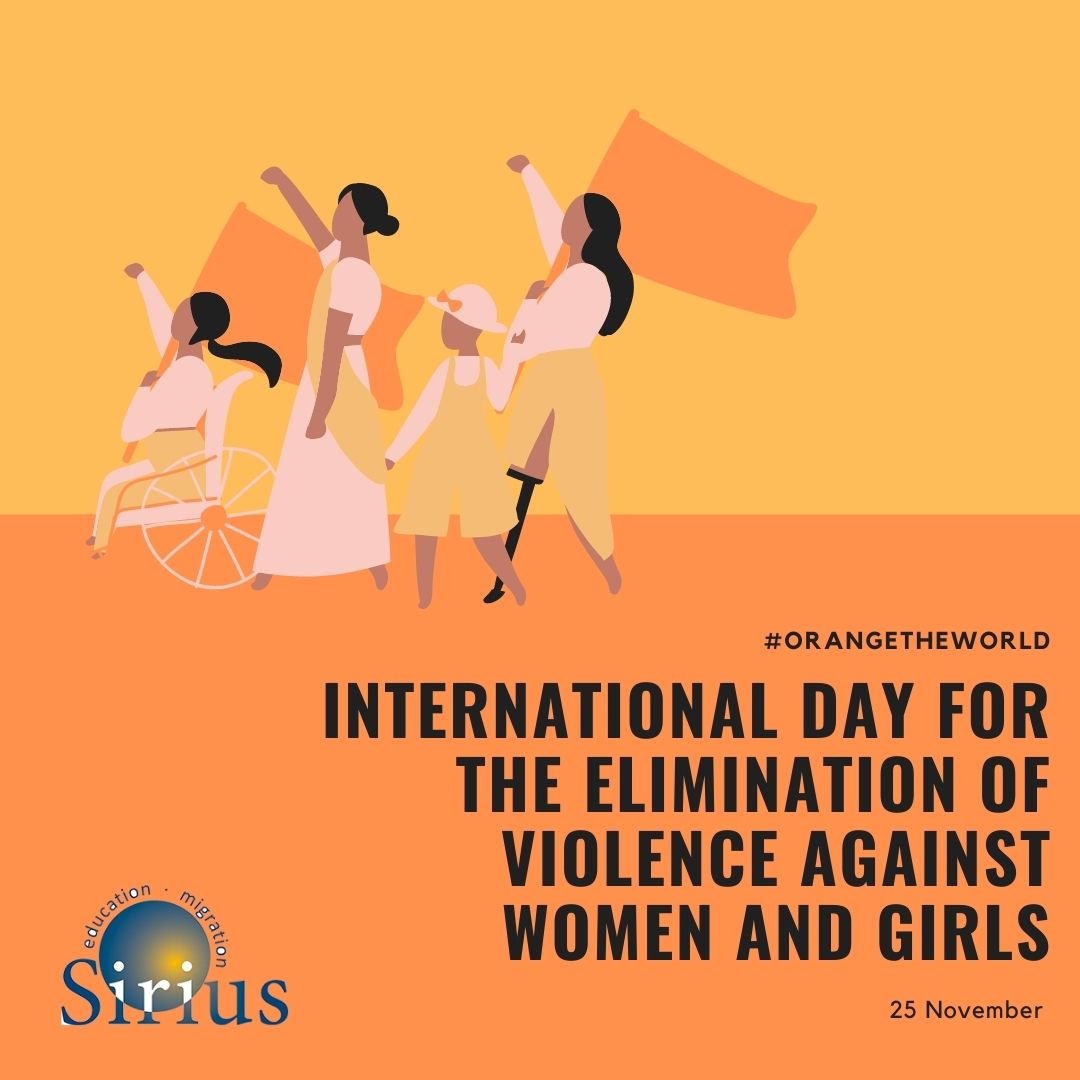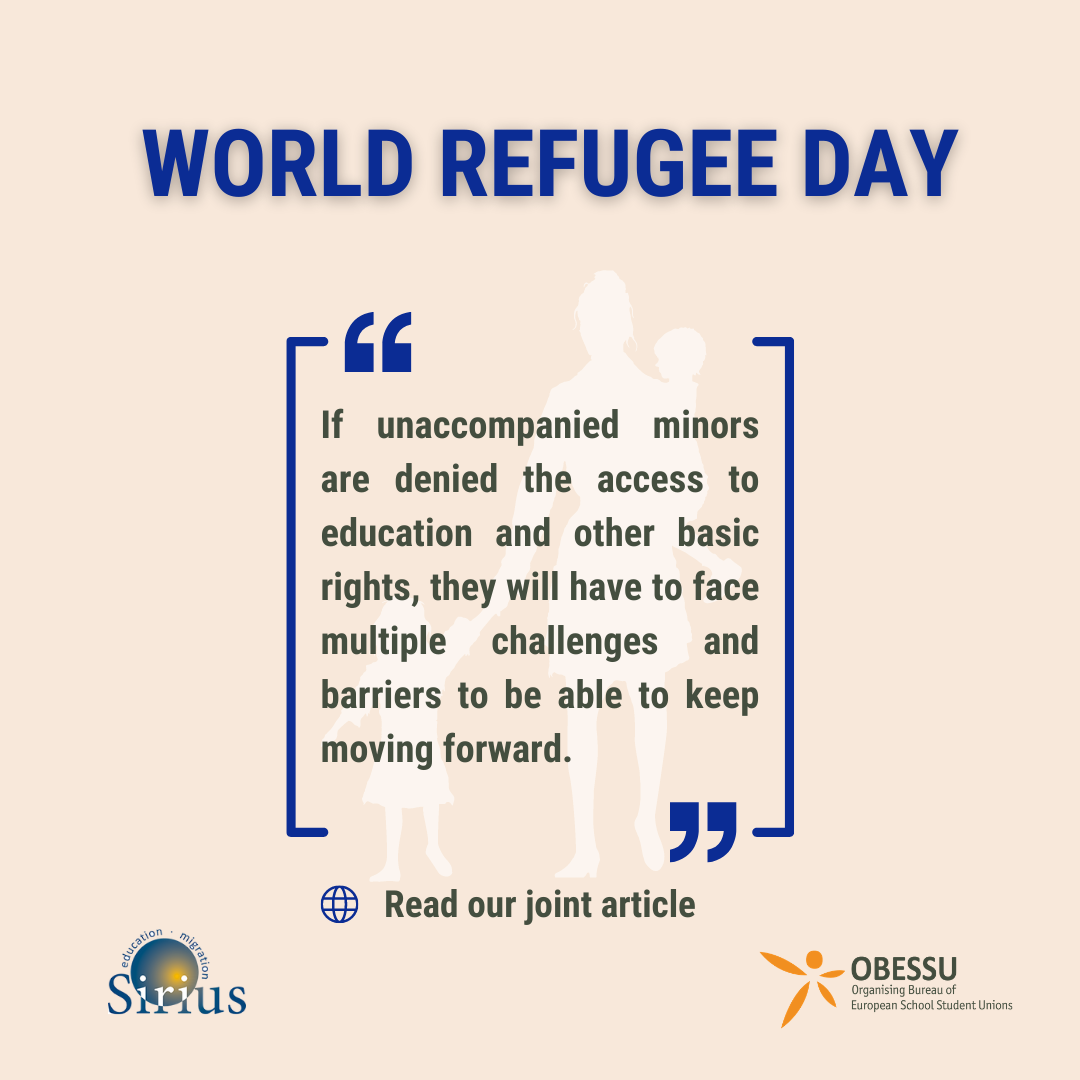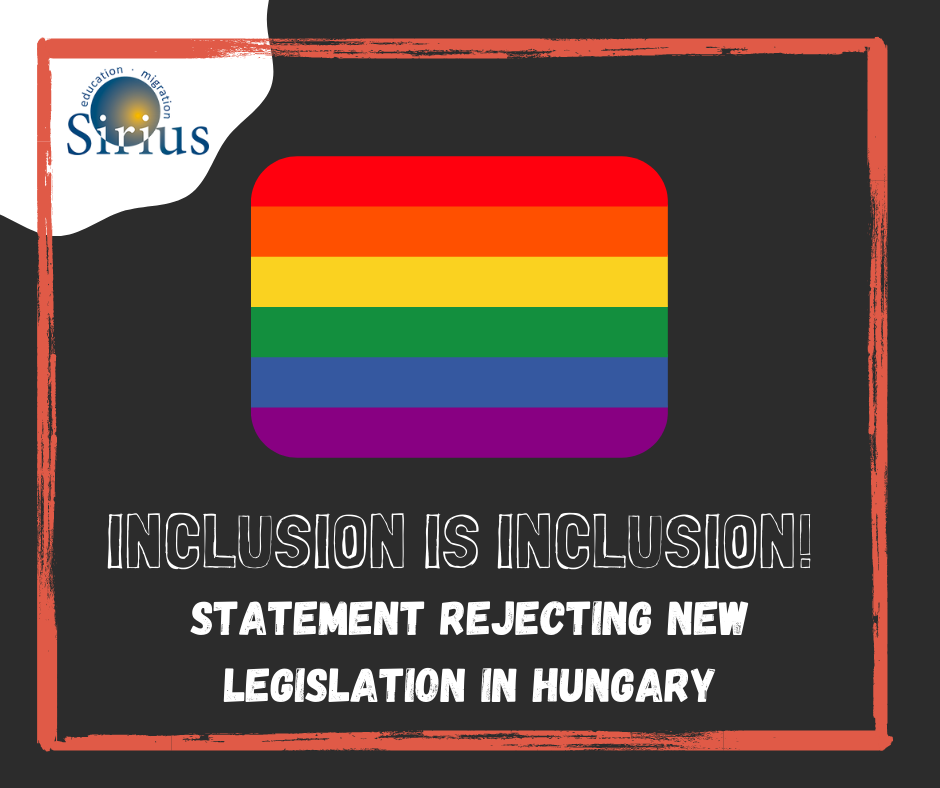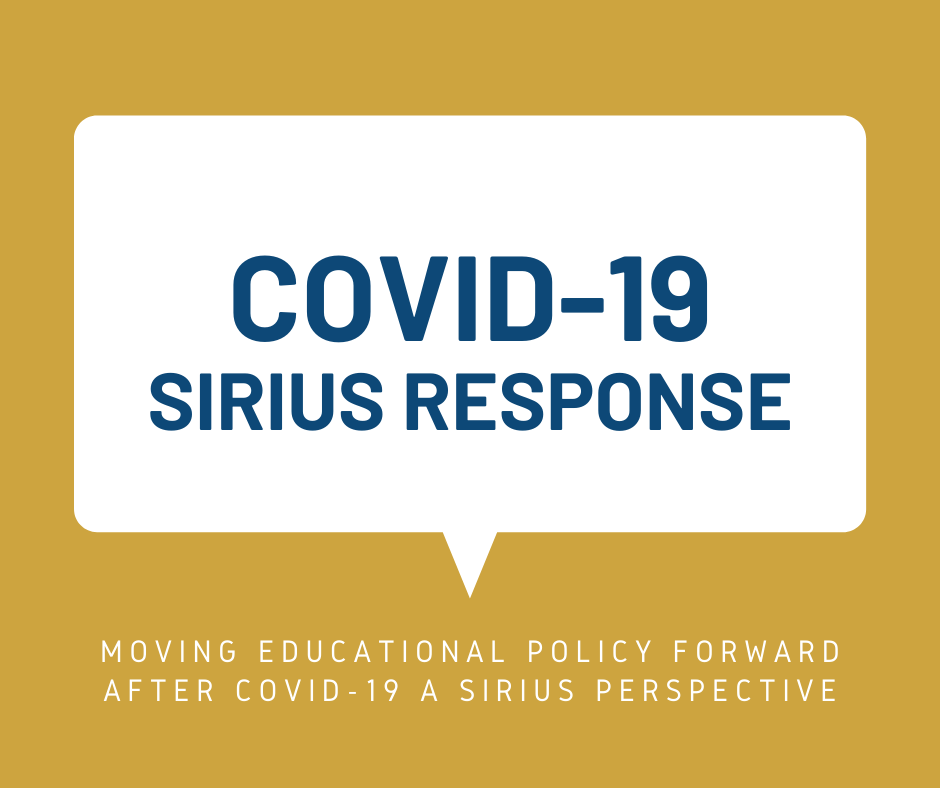20.04.2020
Moving Educational Policy Forward After Covid-19 A SIRIUS Perspective
We are now several weeks into a ‘lockdown’ resulting in almost uniform school closures across the European Union. Several countries intend to start back at school this week or in early May. In an effort to support these countries and others still undergoing school closure, the SIRIUS Policy Network on Migrant Education has collaborated on this statement to produce guidance moving forward.
During this pandemic we have seen many Ministries of Education instruct schools to move to various forms of distance-learning. Yet availability of advice, tools, guidance and support to do so, as well as preparedness of schools to implement such a shift smoothly, has been very mixed. The OECD “Framework to guide a response to the Covid-19 Pandemic” reports that a large number of countries surveyed offered no initial guidance to “support the ongoing academic instruction of schools”. However, in many European Union countries we saw a slightly better response. Many countries are broadcasting educational programs on national television (Portugal, France, Belgium, Latvia, Serbia, Romania and more) and some countries have launched specific websites or worked with technological providers (Czech Republic, Romania) to deal with the delivery of educational content.
Some countries already had their educational content on-line (Estonia) whom, in particular have been key in sharing learnings from their past experiences with other countries. In addition, in some countries, the Ministry of Education has quickly produced tools and guidance for schools and has been active in supporting teacher implementation of digital learning (Finland, Estonia, Latvia, Italy, Denmark and more.)
With all this work in place, the 2nd Education EU Council meeting on the Covid-19 pandemic held on 14th April 2020 demonstrated that the battle is not yet won when it comes to catering to the needs of vulnerable learners, including migrant students, and in general inclusive education. As mentioned by Blaženka Divjak, Croatian Minister of Science and Education, social equity and teacher support/development remain challenges for the group as a whole.
As a network of researchers, policy-makers and migrant-led initiatives, SIRIUS has been collecting information from their members on current practice. We have turned this into initial policy implications for both Member States and the European Union. We must use the lessons of this experience to improve and weave more resilience into our education systems thereby making them more inclusive for all.
